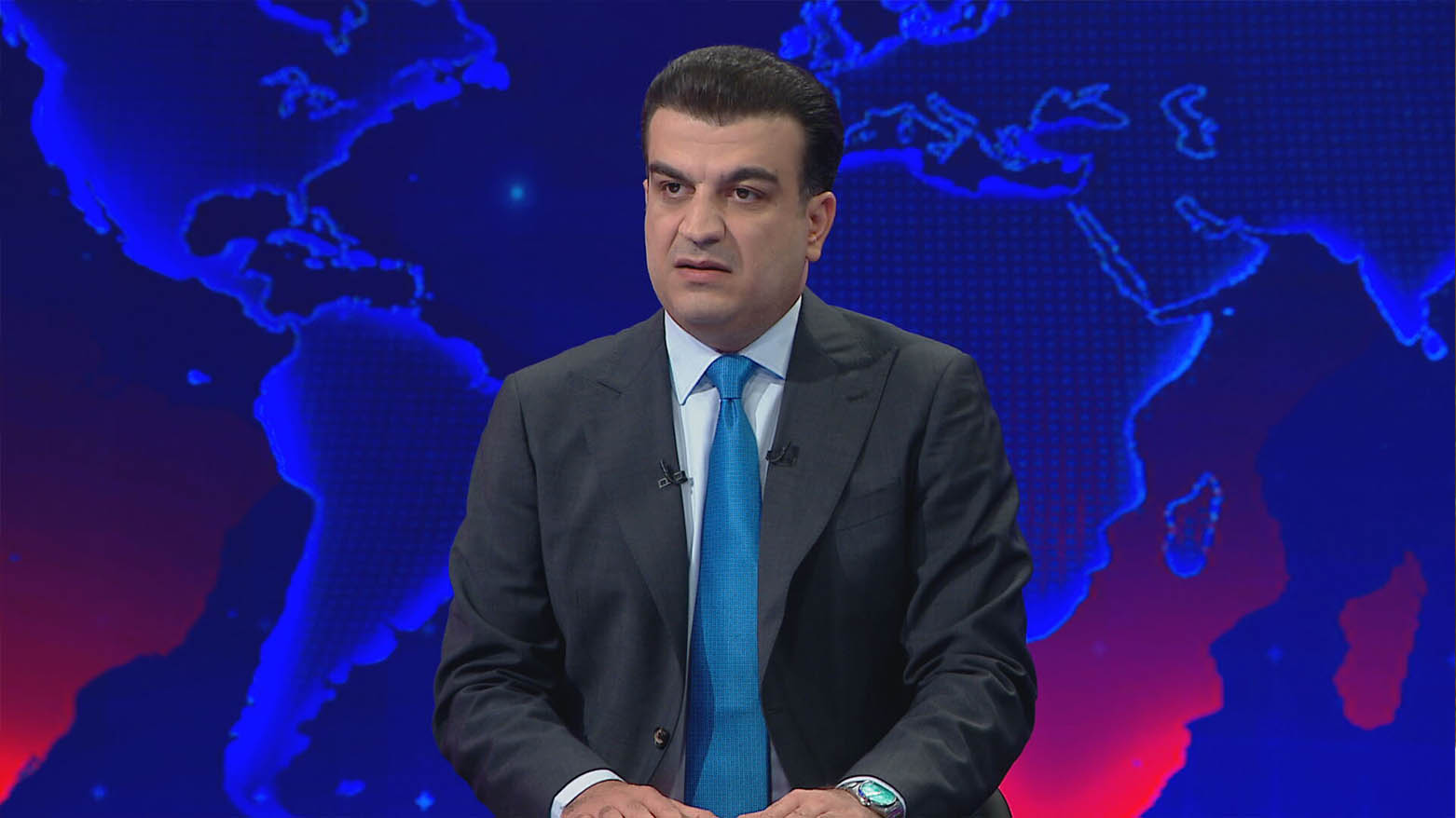'Kurdistan Has Entered a New Phase,' Says KRG, As Energy Takes Center Stage in U.S. Talks
"Moving beyond political and military relations with the United States, in this new phase, investment, economy, and energy are on the table of discussions between His Excellency the Prime Minister and senior American officials," said KRG spokesperson Peshawa Hawramani.

By Kamaran Aziz
ERBIL (Kurdistan24) – The Kurdistan Region has officially entered a transformative phase in its relationship with the United States—one that moves beyond traditional political and military cooperation and squarely into the domains of investment, energy, and economic partnership.
In a statement released by the Kurdistan Regional Government (KRG)’s spokesperson, Peshawa Hawramani, he confirmed that Prime Minister Masrour Barzani is at the helm of this new direction, marking what officials describe as a strategic recalibration of ties with Washington.
“The Kurdistan Region has entered a new phase,” Hawramani stated, emphasizing that the focus of bilateral engagement has shifted. “Moving beyond political and military relations with the United States, in this new phase, investment, economy, and energy are on the table of discussions between His Excellency the Prime Minister and senior American officials.”
According to the statement, while the historical discourse with the U.S. often centered on political status, military cooperation, and the protection of Kurdish rights within federal Iraq—particularly through channels at the U.S. Department of State—this new phase brings economic strategy to the forefront.
“Now the matter of energy and investment in energy has become the manifesto of all relations with the U.S. Department of State,” Hawramani added.
This strategic pivot aligns with the broader vision of Prime Minister Barzani’s cabinet, which has consistently prioritized energy reform, market diversification, and foreign investment as cornerstones of the Kurdistan Region’s post-conflict development.
Observers view this evolution as not only a bid for greater economic autonomy but also a calculated effort to embed the Kurdistan Region more deeply within the frameworks of global investment and regional energy security.
With Washington increasingly viewing energy as a key geopolitical lever, Erbil’s initiative may serve to elevate its profile in international policy circles.
Details of ongoing discussions with American officials remain under wraps, but the tone from both sides suggests a willingness to build on mutual economic interests while maintaining strategic stability.
As Kurdistan redefines its place in the international arena, this recalibration of its relationship with the United States could mark a critical turning point—anchored less in crisis management and more in shared prosperity and strategic cooperation.